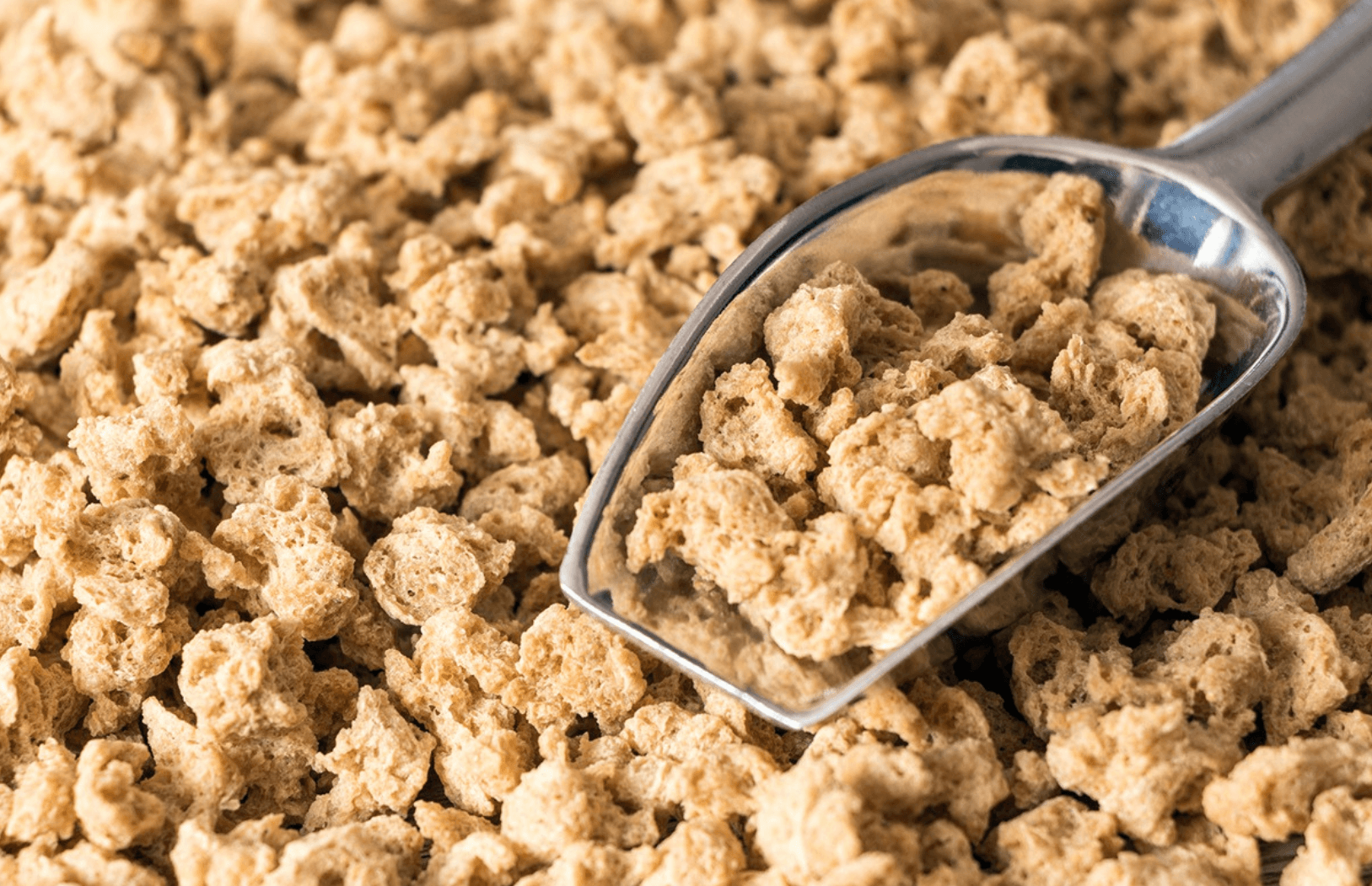Exploring the Diverse Plants Used in Kshara Preparation 1/5
Classical information
A variety of plants have been suggested in the classical texts. These include (Sanskrit Name, Scientific Name):
Apamarga - Achyranthes aspera, Arka - Calotropis procera, Snuhi - Euphorbia neriifolia, Chitraka - Plumbago zeylanica, Kadali - Musa sapientum, Paatala - Stereospermum suaveolens, Vrusha - Adhatoda vasica, Naktamaala - Pongamia pinnata, Kutaja - Holarrhena antidysenterica, Palasha - Butea monosperma, Gunja - Abrus precatorius, Ashwakarna - Dipterocarpus turbinatus, Agnimantha - Premna integrifolia, Paaribhadraka - Erythrina variegate, Saptachada - Alstonia scholaris, Bibhitaka - Terminalia bellerica, Ashwamaraka - Nerium indicum, Aaragwadha - Cassia fistula, Tilwaka - Symplocos racemosa, Putika - Holoptelia integrifolia
Plants are selected for external use based on their efficacy in treating specific diseases or conditions. In the 3 classical drug books (Rasatarangini, Bhavaprakaksharaastakas, ?), there are 8 drugs (plants?) which are suggested to be used to prepare kshara; all 8 drugs (plants?) are classified under same category because of its guna and karma. The table below taken from this publication summarises the plants that can be used.
Paneeya Kshara is a type of Kshara which can be consumed orally, the plants selected for panneya kshara are.
Palasha Kshara - Butea monosperma
Mulaka Kshara - Raphenus sativus
Yava Kshara - Hordeum Vulgere
Kadali Kshara - Prepared from stem of banana tree
Effective Drug Collection and Drying Techniques: The collection and drying of plant-based ingredients are critical steps in Kshara preparation, as they directly impact the final product's efficacy. Sharad Ritu (autumn usually between late September to December), is considered an ideal time for harvesting Kshara plants.
What we did and observed
In our preparation, Dr Pervaje had collected Apamarga. The whole plant had been carefully uprooted and cleaned in running water to remove any dirt, debris, or impurities. The cleaned plant was then laid out to dry in sunlight during the day and covered during the night. This traditional method of drying allows for a slow and gentle removal of moisture from the plant. The drying process for Apamarga took 8 days, but this can vary depending on the type of plant, climate, and intensity of sunlight. In some cases, it may take longer for the plant to dry completely, and it's essential to monitor the plant's progress to avoid over-drying or under-drying. This step had already been completed by Dr Pervaje before our demonstration.
:
Gaps Identified (Megha)
Medicinal plant identification. There is no reference available that helps an untrained reader know how correlations between the Sanskrit names and Scientific names were established.
Absence of varietal and author names in the scientific names creates ambiguity. Especially since plant names are updated regularly.
The classical text does not mention if the entire plant or only a specific part has to be used.
We were unable to understand why specific plants for specific conditions because in the next step the whole plant is burned till it turns into ash, so there’s no “phytochemical” difference expected.
Should we refer to a medicinal plant as a drug? Or only the plant part that is used as a drug? The modern perception of a drug is a single molecule but plants are composed of thousands if not millions of molecules. So technically a plant will be a collection of drugs!
For the untrained novice, there is no information on what would be considered to be a completely dried plant.
Proposed ways to address gaps (Megha)
A curated, standardised reference, with details on how the sanskrit names and scientific nomenclature was correlated. It should be regularly updated and digitally available. All scientific papers in Ayurveda should provide a plant ID based on this reference.
Laboratory studies to understand if different plants will indeed give different treatment outcomes.
Moisture analysis to be undertaken to fix quantitative parameters for input and output to ensure drying can be calibrated.

International Environmental Education Day (January 26)
Jan 23, 2026
On International Environmental Education Day (January 26), we are reminded of a powerful truth: The future of our planet depends on what and how we teach today.
Read more

TDU VC Darshan Shankar pays tribute to Prof. Madhav Gadgil
Jan 9, 2026
Read more

Rethinking Periods: When Did Rest Become Restriction ?
Jan 8, 2026
Menstruation is one of the most natural processes of the female human body, yet it remains one of the most misunderstood. Across cultures-especially in India-it has been surrounded by silence, shame, and countless restrictions.
Read more

When a Baby Cries, the Body Speaks – Learning to Understand Your Child’s Silent Language
Jan 8, 2026
Children are often called a gift from God. When a baby is born, it feels like receiving a blessing
Read more

Plant Imperialists : The destructive case of Lantana camara
Jan 8, 2026
British gardening enthusiasts brought Lantana camara, a shrubby plant with spectacular inflorescence, to Kolkata around the 1800s. Surely, they enjoyed having colourful flowers around them and hoped to feel less homesick while they mass-occupied Indian land
Read more

Are Mock Meats Just a Modern Fad ?
Jan 8, 2026
“Mock meats” or meat analogues are often dismissed as a bizarre trend by many and countless memes have spawned from the internet’s apparent disdain for mock meats and their consumers.
Read more


